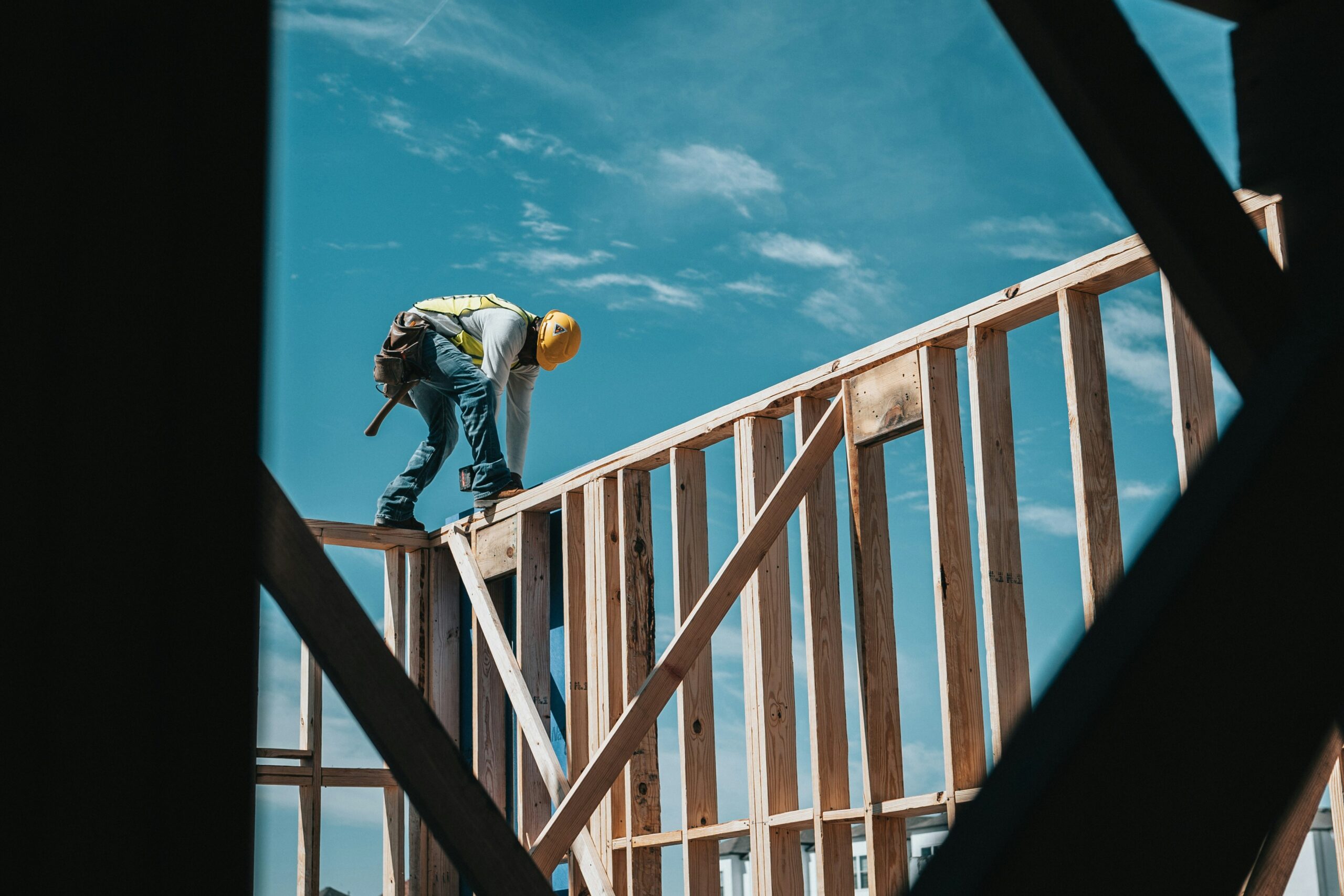Green Building Practices
Sustainable construction practices are essential for reducing the environmental impact of building activities. By integrating advanced technologies and prioritising sustainability, the construction industry can significantly lower its carbon footprint and contribute to a greener future. Here’s how innovative solutions and practices are shaping the future of sustainable construction:
Replacing Diesel Generators with Clean Energy
(Where Grid Power or Renewable Energy is Available)
Total Replacement of Diesel Generators: When grid power or renewable energy sources are accessible, construction sites can replace diesel generators with cleaner energy solutions.
Benefits:
Manpower Savings
Eliminates the need for manpower to manage diesel top-ups and maintenance.
Cost Savings
Significant reductions in diesel fuel costs.
Lower Noise Pollution
Unlike noisy diesel generators, clean energy solutions operate silently, creating a more pleasant working environment.
(Where Grid Power is insufficient or Renewable Energy is Not Available)
In scenarios where, renewable energy is not available or grid power is insufficient, hybrid power systems that combine Battery Energy Storage Systems (BESS) with diesel generators can optimise energy usage and reduce environmental impact.
Benefits:
Reduced Diesel Consumption
By optimising generator use, hybrid systems significantly reduce overall diesel consumption.
Environmental Impact
Lower emissions and reduced air pollution contribute to cleaner and more sustainable construction sites.
The Future of Sustainability in Construction
As we look to the future, the construction industry must embrace sustainable practices to address the environmental challenges we face. By integrating innovative technologies, enhancing energy efficiency, and promoting circular economy principles, we can pave the way for a greener, more sustainable construction industry.
Technological Integration:
Advanced Energy Management
Real-time monitoring and optimisation of energy use.
Renewable Energy Integration
Utilising solar, wind, and other renewable sources to power construction activities.
Energy Efficiency Enhancements:
Optimising Resource Use
Reducing waste and maximising the efficiency of construction processes
Eco-Friendly Materials
Using sustainable materials that have a lower environmental impact.
Promoting Circular Economy Principles
Waste Reduction
Implementing practices that reduce waste generation and promote recycling.
Lifecycle Thinking
Considering the environmental impact of construction activities throughout the entire lifecycle of a building.
A Call to Action
The journey toward sustainability is ongoing, and it requires a collective effort from industry leaders, policymakers, and stakeholders. We must all prioritise sustainability in our projects and operations. By working together, sharing insights, and continuously striving for improvement, we can benefit from a construction industry that is not only efficient and cost-effective but also environmentally responsible.
Together, we can build a better, more sustainable future for the construction industry and beyond. Let’s embrace the innovations and practices that will lead us towards a greener and more sustainable world.



